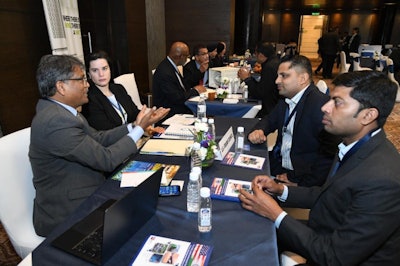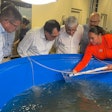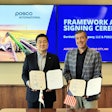
The U.S. Grains Council (USGC) recently joined a U.S. Department of Commerce-led delegation in India, focusing on promoting clean energy and environmental technologies. Mackenzie Boubin, USGC's Director of Global Ethanol Export Development, and Senior Ethanol Advisor Sonjoy Mohanty participated in the Clean EDGE (enhancing development and growth through clean energy) and Environmental Technologies Business Development Mission, with stops in Delhi and Mumbai.
The mission, orchestrated by the International Trade Administration (ITA), aligns with the U.S. vision of fostering sustainable and secure clean-energy markets in India. It aims to support U.S. exports, remove trade barriers, and assist India in achieving its climate, human health, and environmental objectives.
During the visit, Boubin expressed the USGC's commitment to support India's ambitious E20 blend target by 2025, highlighting ethanol as a viable decarbonization option. The Council is prepared to assist India in not only achieving this target but also exploring ethanol applications beyond traditional on-road usage. These include adaptations for heavy-duty engines, biobased chemicals, aviation and marine fuel, and household clean cooking industries.
The delegation engaged in one-on-one meetings with various stakeholders, including fuel supply chain representatives, environmental groups, energy development companies, and consumer engagement entities. These interactions allowed Boubin and Mohanty to gather market insights, establish new connections, and refine strategies to boost domestic ethanol demand in India through diverse sector approaches.
Boubin emphasized ethanol's versatility in addressing multiple aspects of decarbonization strategies. The USGC's focus on sustainable aviation fuel (SAF) and clean cooking initiatives, particularly through alcohol-to-jet (ATJ) technology, resonated strongly with Indian interests. India's ambition to become a regional SAF hub and a leader in ATJ technology was a focal point of the discussions. Additionally, initiatives in clean cooking, including pilot projects and humanitarian support, were identified as significant opportunities for India to leverage domestic technology and feedstock production to meet the growing market demand in this sector.
















